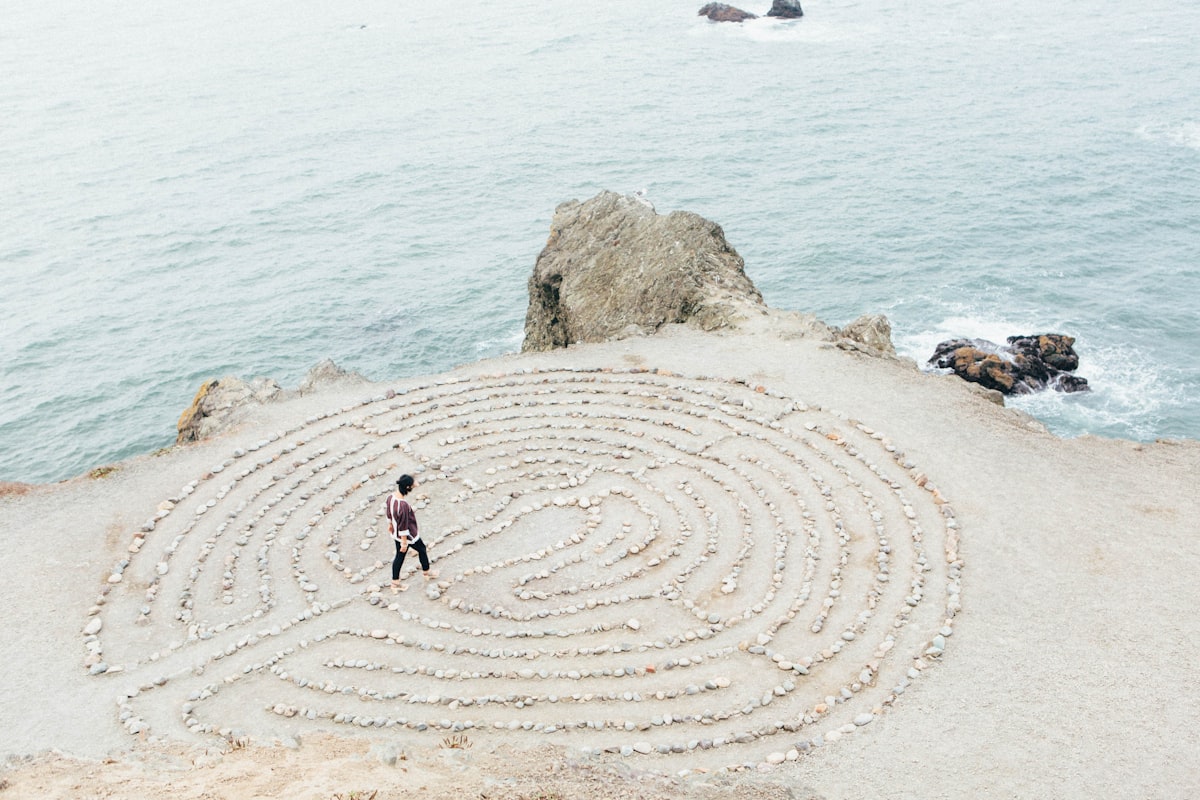Faith & Climate with Reverend Rutledge
We can look at the earth itself as a church, or a spirit of divine power. Many eco-theologians and faith-based climate activists see a sacred connection between human and non-human.

Followers of the Christian faith are known as the church. It’s more than just beautiful buildings tucked into Charleston’s downtown – the church is the group of people acting in the teachings of the faith all over the world. It’s global.
We can look at the earth itself as a church, or a spirit of divine power. Many eco-theologians and faith-based climate activists see a sacred connection between human and non-human. From the sand on the Lowcountry’s shores to the palm trees that line Charleston sidewalks, we are part of a living, linked together world.
Reverend Dr. Jeremy Rutledge of Circular Church in Charleston makes these sometimes esoteric ideas concrete and accessible. Focused on humanity’s relationship to our world, Rutledge, who has served as Circular’s senior pastor since 2012, says his faith is deeply intertwined with his relationship to the more-than-human world.
As a boy in Oahu, his mother took him to the beach everyday, where he understood God through the power of the ocean.
“My earliest thoughts about whatever God was had to do with the ocean and the mountains and the earth,” he said. “My most powerful experiences were just being in the ocean, and so that feeling of ‘at home-ness’ …[I had a] real feeling of reverence for the ocean between the mountains, and a feeling that there was a story that was much, much greater than my own story.”
The feeling of something bigger is often central to climate activism, because we’re not only fighting to protect the splendor of our planet, but also the lives of those who will be greatly affected by the ramifications of the climate crisis.
“There’s nothing that’s more urgent [than climate change] and there’s really nothing that matters more. We’re essentially talking about what life will be like on Earth in the future and what we’re passing down to future generations.”
Seeking out this connection to all life on earth is part of understanding the drastic and harrowing changes this planet is going through at the hands of the climate crisis.
“When I think about the things I learned in church — to love my neighbor — I consider not only my human neighbors, but all other creatures as my neighbors, as members of a bigger family,” Rutledge said.
Climate activism — especially some faith-based climate activism — can decentralize humanity to focus on the whole of Earth’s ecosystems to which we also belong. Humanity has made a mess of the planet, but it’s not only impacting us — and not only impacting those of us with the luxury of safety.
“I think there’s a really important role for religion to play in saying, ‘We are called to love each other and even to make some sacrifices for each other.’”
Climate work can be slow-moving and frustrating, but Rutledge’s words are a reminder that this work is for the greater good of all people, of all living things.
“The culture tells you to consume and follow your own whims and do what makes you feel good…but I don’t think that’s the meaning of life…There’s a lot more fulfillment to be found in doing things that make the world a little better and help others,” he said.
As climate activists, we’re not only making an effort to save ourselves from disaster, we’re working to ensure that this planet is livable in the future. The selfless approach of faith-based activists should be something incorporated into all climate work — from policy on public transportation to shoreline restoration. We’re not just working toward change for ourselves or our community, we’re part of a global movement of stewards engaged in creating a better world for all beings.


